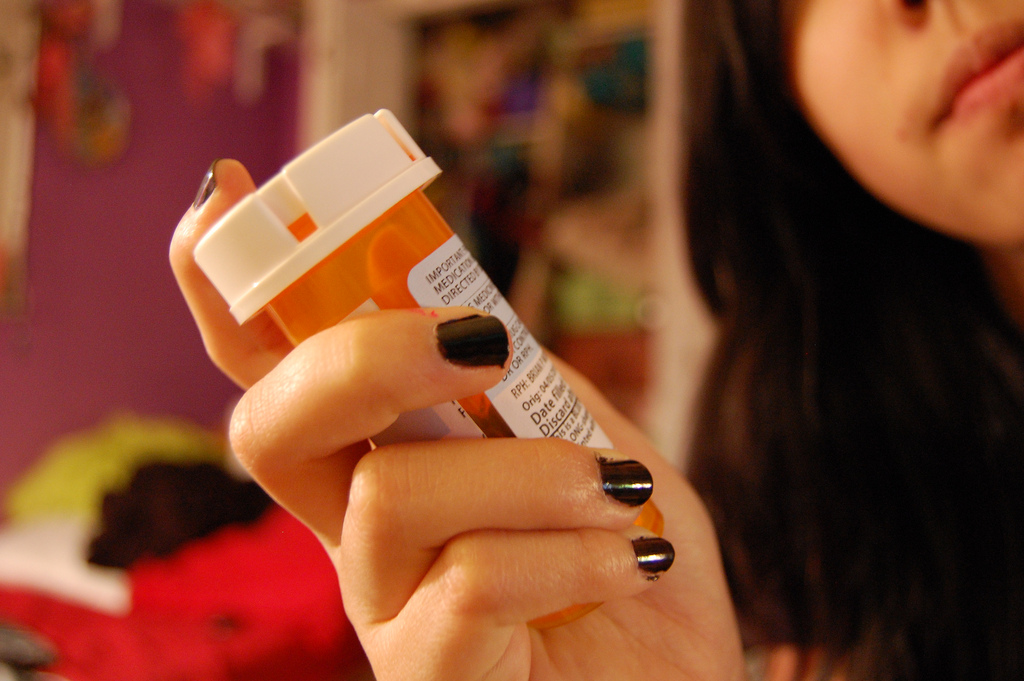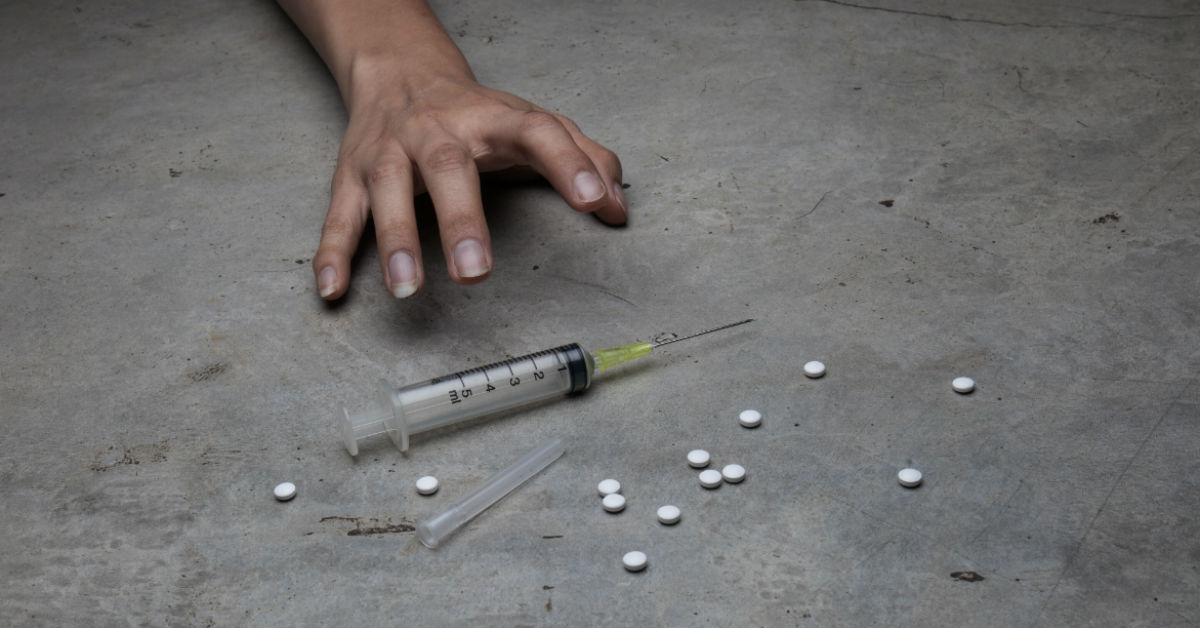Attention Deficit Hyperactivity Disorder (ADHD) and oppositional defiance disorder (ODD) are disorders that are commonly first diagnosed in children. While they are two separately diagnosed disorders, many teens who struggle with ADHD also have ODD issues, but not always. ADHD and ODD in teens is an ongoing battle for them to learn to control their thoughts and actions and transition to a productive adulthood.
The disorders are similar in that they are chronic and should not be left untreated. While teens may grow out of them with professional help, sometimes they stay to adulthood. They are not similar in that medications generally work to treat ADHD while there are few medications that work well to manage ODD. Both disorders can significantly impact a teen’s life as he or she attempts to navigate the complex world.
Attention Deficit Hyperactivity Disorder
This psychiatric disorder generally includes hyperactivity, low attention span and impulsive activity that goes beyond normal childhood behavior. The cause of ADHD is unknown. It is diagnosed in children and is more frequently found in boys. It is often diagnosed after parents and teachers notice poor performance in school. There are several symptoms of ADHD that parents can use to identify whether their teen may need a more thorough evaluation.
Symptoms of ADHD include:
- Inability to focus on one task
- Difficulty following age-appropriate instructions
- Easily confused
- Frequent daydreaming or zoning out
- Cannot sit still for normal activities for a short time
- Difficulty completing quiet tasks
- Constant motion
ADHD can contribute to a range of other disorders, including depression, anxiety, mania and more. Teens may also suffer from sleep disorders, phantom pain, and substance abuse. The disorder, if left untreated, can disrupt a teen’s normal daily activities such as succeeding in school, developing friendships and interacting with family members.
The treatment of ADHD includes a combination of medication and therapy. The medications help to control the way that the brain is stimulated, making it easier to control physical and mental processes. Therapy allows teens to better control impulses, understand consequences and develop more appropriate behavioral habits. Because ADHD can stay with a teen into adulthood, it’s important for patients to continue with medication and therapy.
Oppositional Defiance Disorder
This disorder appears in childhood and is characterized by disobedience, anger, hostility and defiance that cross the boundaries of normal childhood behavior. There is no known cause of ODD and is predominantly diagnosed in males. There are several symptoms of ODD that parents should look for.
Symptoms of ODD include:
- Frequent outbursts
- Patterns of tantrums and fits
- Unreasonable amount of arguing
- Frequently ignoring requests
- Aggression toward authority figures
- Blames others for mistakes
- Revenge seeking behavior
- Annoys others on purpose
These symptoms must be noticed over a 6 month span and be considered beyond normal behavior in order to be diagnosed as ODD. While many children outgrow ODD by the time they reach 8 years old, if left untreated, ODD in teens can lead to significant interference with developing healthy relationships with family, friends and teachers. It can compromise a teen’s normal life, leading to poor behavior at school, bullying, depression and substance abuse.
Treating ODD generally consists of individual and group therapy, with behavioral therapy as one of the best and most effective forms of treatment. This type of therapy allows children and teens to focus on controlling themselves physically and mentally and positively reinforcing good and appropriate behavior.










0 Comments